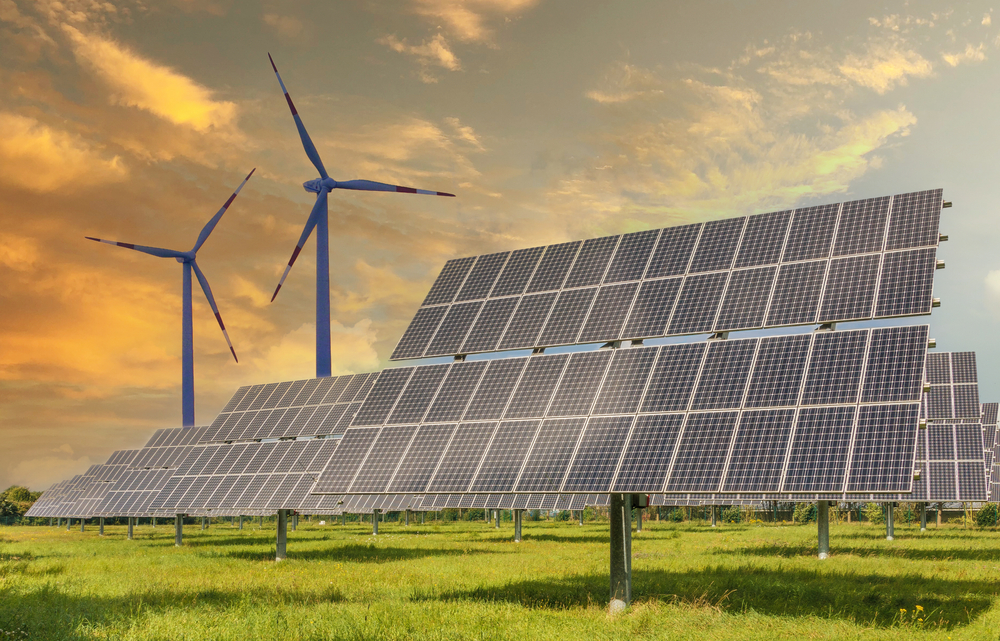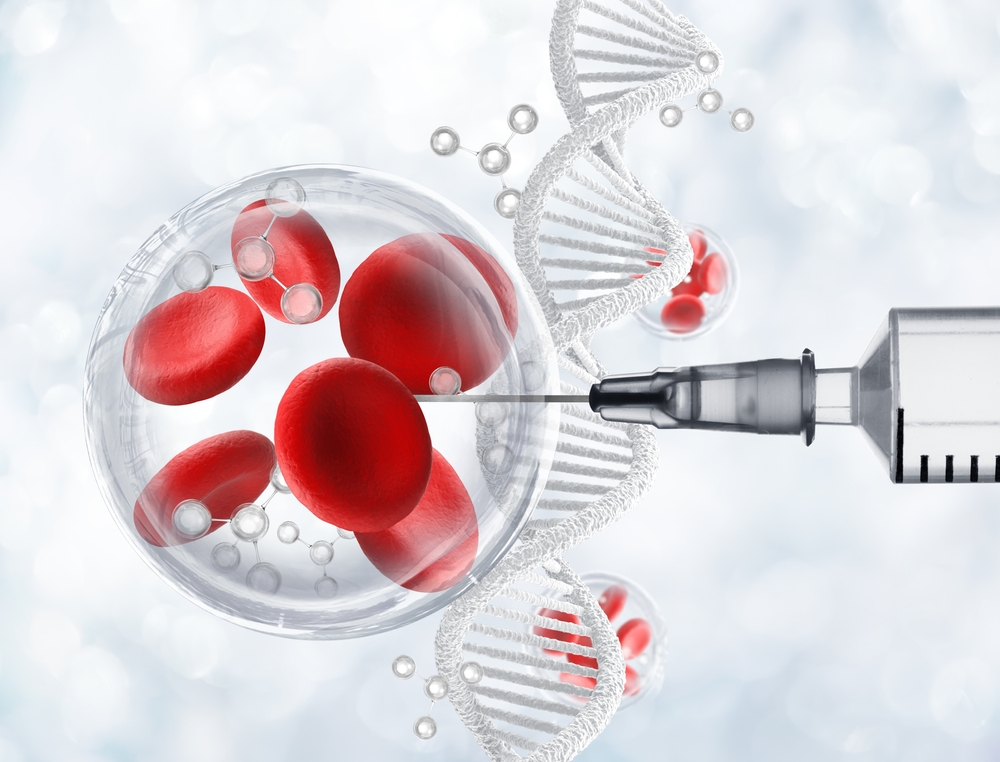It’s difficult for us to consider the long-term, downriver consequences of the simplest of our actions. It isn’t because we’re indifferent; it’s because there are several complicated results to everything we do.
Take eating too much meat. When our bodies have more protein than they need, amino acids break the excess down into nitrogen, which we then pass into our sewage system, which makes it out to the ocean, where all that nitrogen has negative consequences. These include toxic algal blooms, oxygen-starved “dead zones,” and polluted drinking water.
Thankfully, for such a simple cause, there’s a simple solution: eat less meat.
Researchers from the University of California Davis found that eating less meat could reduce our nitrogen output in the waterways, especially among Americans.
Protein consumption in the United States ranks among the highest in the world. If Americans were to reduce their meat consumption to recommended levels, the country would reduce its nitrogen excretion rates by 12 percent.
“It turns out that many of us don’t need as much protein as we eat, and that has repercussions for our health and aquatic ecosystems,” says lead author Maya Almaraz, a research affiliate with the Institute of the Environment at the University of California, Davis. “If we could reduce that to an amount appropriate to our health, we could better protect our environmental resources.”
Coastal cities along the east and west coasts are liable to release the most nitrogen into the sea. This is detrimental to these areas where fishing is also an important industry. However, these areas could also easily reduce their burden on the ocean by simply choosing a healthier, more balanced diet.
“It’s interesting to think about possible ways to cut into those nitrogen losses beyond expensive technology,” says Almaraz. “Dietary changes are a healthy and cheap way to do it.”
Even the simplest of actions could benefit you and your environment in the long run.
Source Study: ESA — The impact of excessive protein consumption on human wastewater nitrogen loading of US waters – Almaraz – – Frontiers in Ecology and the Environment – Wiley Online Library












